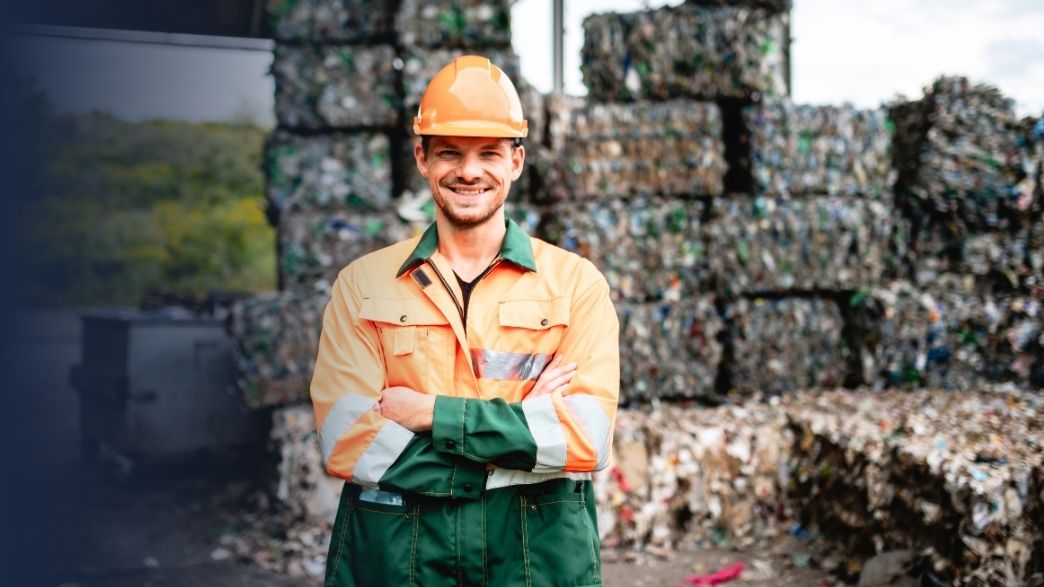The National Solid Waste Plan (Planares), established by Decree No. 11,043 in April 2022, is a crucial instrument for the National Solid Waste Policy in Brazil. This plan is developed under the aegis of Law No. 12,305 of 2010 and establishes a long-term strategy for the environmentally adequate management of solid waste throughout the national territory.
One of Planares’ main objectives is the eradication of landfills by 2024, replacing them with landfills that meet environmental standards. This aligns with the goals of reducing environmental impact and improving public health. Furthermore, the plan proposes to substantially increase the recycling and composting rate of urban solid waste, aiming for a recovery of 50% of this waste by 2042. Currently, only a small fraction of waste is recycled, highlighting the need for infrastructure and education in waste management. waste.
Planares also focuses on reducing greenhouse gas emissions, essential in combating climate change. Poorly managed waste in landfills contributes significantly to the production of methane, a potent greenhouse gas. Furthermore, the plan encourages energy recovery, including the production of biogas from the decomposition of organic waste, which not only mitigates gas emissions but also generates a renewable source of energy.
The production of biogas from urban solid waste occurs through biodigestion processes, in which organic matter is decomposed in the absence of oxygen by microorganisms. The biogas generated is mainly composed of methane (CH4) and carbon dioxide (CO2), and can be used to produce electricity, heat or fuel for vehicles.
A practical example of this application in Brazil is the work of Eva Energia. This company specializes in distributed energy generation from renewable sources, including biogas. Eva Energia explores the potential of urban solid waste for the production of clean energy, offering a practical and efficient solution to the waste problem and contributing to the diversification of the country’s energy matrix. Using advanced technologies, the company transforms waste into energy, thus contributing to reducing dependence on fossil fuels and achieving the emission reduction targets established in Planares and other environmental commitments in Brazil.
These practices are fundamental to promoting the circular economy, in which waste is seen as valuable resources that can be reintegrated into the production cycle, generating economic and environmental value. Through these initiatives, companies like Eva Energia are at the forefront of a movement that seeks to transform environmental challenges into opportunities for sustainable development.
A notable innovation of Planares is the creation of the Recicla+ Program, which aims to stimulate recycling and the circular economy through financial incentives for more than one million recycling agents. This program facilitates the sale of recyclables and the obtaining of recycling credits, enhancing the development of the recyclables market in Brazil.
The plan was prepared with broad public participation, including consultations and public hearings, reflecting the government’s commitment to social inclusion and transparency in environmental policies. This approach promotes greater acceptance and adherence to the plan’s goals by the population and the different sectors involved.
Despite advances, Planares faces significant challenges, such as the need to improve infrastructure for selective collection, recycling and composting in many municipalities. Furthermore, effective implementation of the goals requires continuous collaboration between state and municipal governments, the private sector and civil society to overcome technical, financial and cultural barriers.
The National Solid Waste Plan is a key piece in Brazil’s strategy for sustainable solid waste management, aligned with global sustainability and public health objectives. With clear goals and a robust framework for their implementation, Planares is essential for transforming the waste management landscape in Brazil and promoting a transition to more sustainable and responsible practices across the country.

Comment